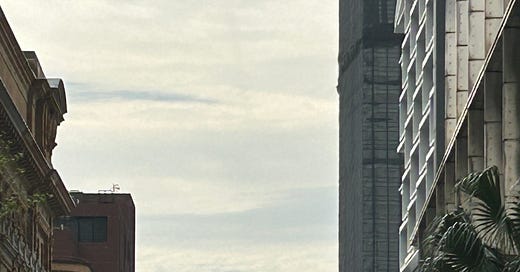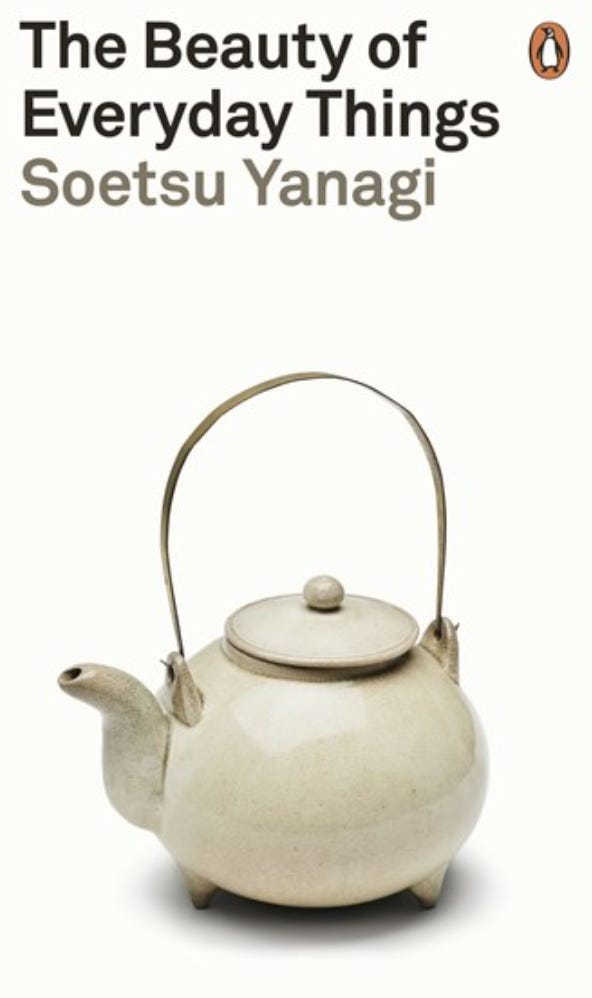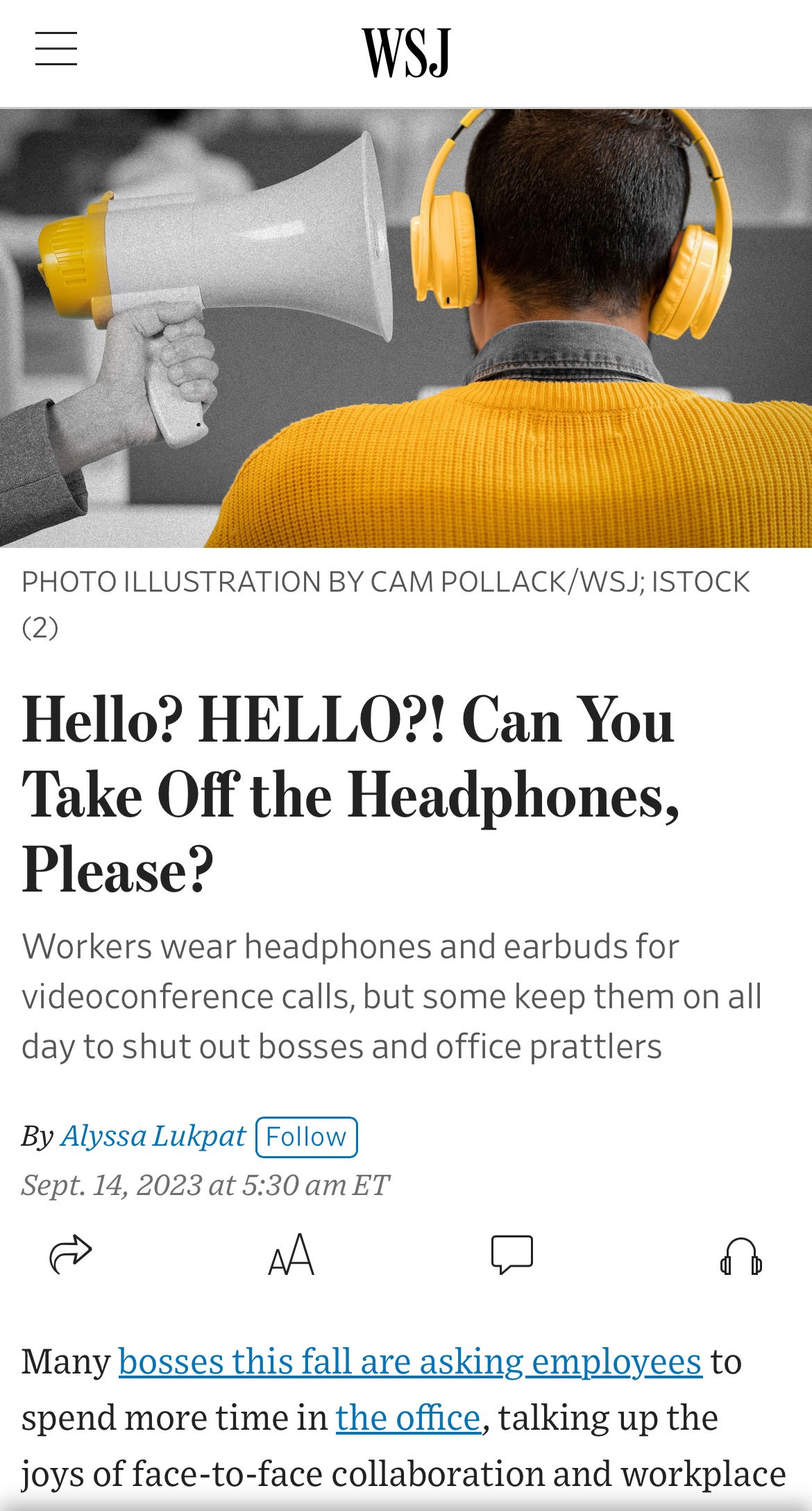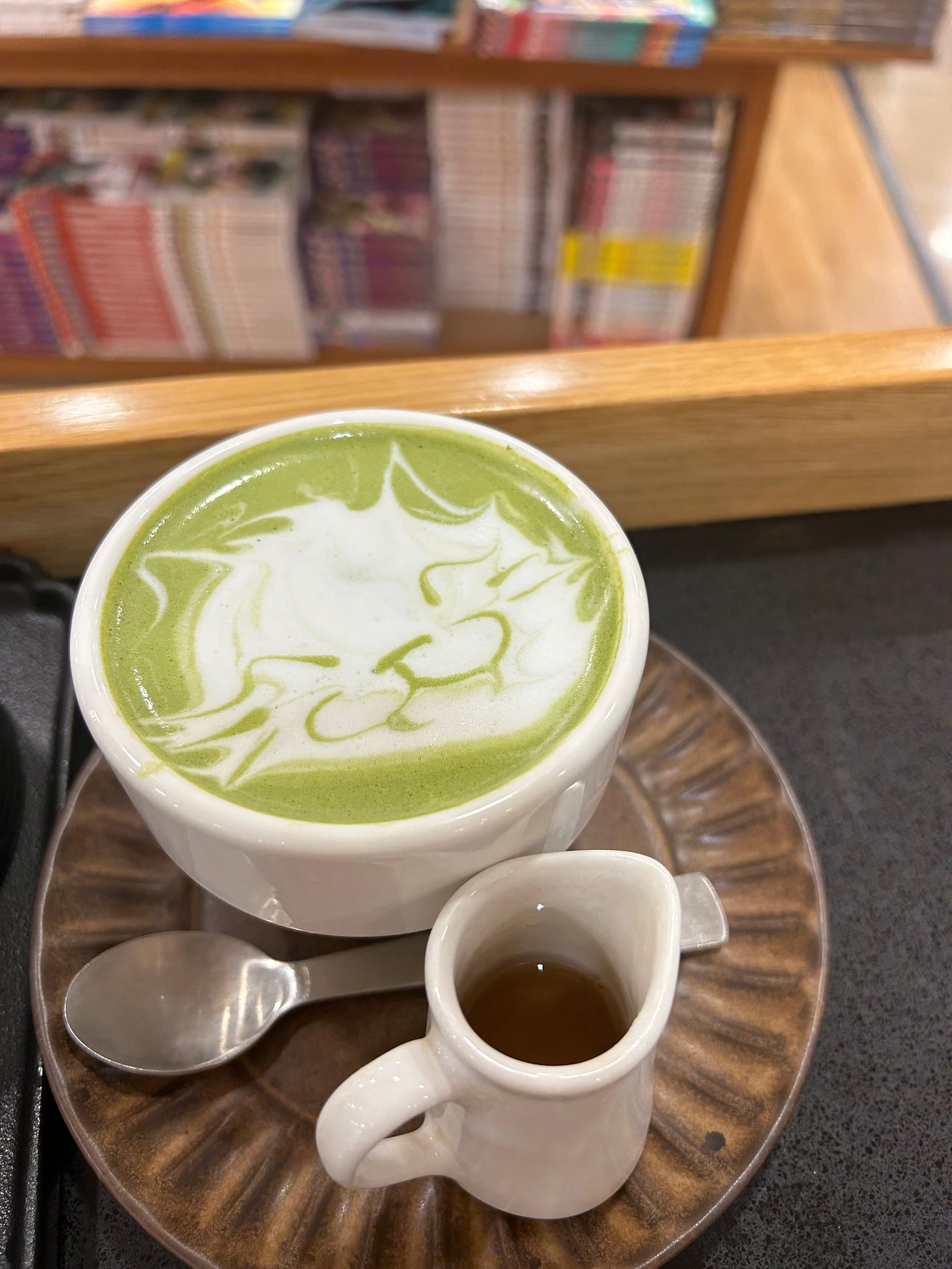DREAM WORK DAYS AND DISTURBING WORK TRENDS
This week I spoke at the Rework APAC Summit in Sydney. It was a dream work day for me combining travel, beautiful spaces, speaking about my research, inspiring conversations, connecting with friends, matcha latte at a Japanese cafe, wandering the aisles of Kinokuniya books uncovering new treasures, writing, and being in Sydney in spring.
Working from anywhere is so uplifting for me. My energy is completely different from when I am in one space all the time.
Less exciting was hearing about new developments in workplace surveillance. Amazon in the US has spent over 1 million dollars on sentiment cameras that watch you all day in the office to assess how often you are smiling (or not).
If this isn’t bad enough, there is a new email tracking program companies are using to constantly monitor the language in your emails and then prod you. So for example it decides if you sound stressed or aggressive or not communicating with key contacts enough and then sends you messages. “You sound a bit stressed today, you should consider going for a walk or doing some mindful breathing”.
Orwell is well and truly here some say it’s the new panopticon. It’s pretty scary and it’s completely the wrong approach. We should be focussed on outcomes not measuring keystrokes and how much time someone is at their desk. I’ll be talking more about this in Episode 3 of The Floorplan podcast with Matt Webber, out on Friday 22 September.
NEW RESEARCH
A new study shows that hybrid working boosts the number of UK women in full-time jobs.
And Stanford economist Nick Bloom reports that WFH has played a significant role in almost two million more employees with a disability now in employment in the US since the pandemic.
EXPERIENCE
Fancy a rent-free remote work experience on an Italian island?
Earlier this year I wrote an article for The Conversation on the rise of the digital nomad and how countries are competing for your remote work talent. You can read what countries have digital nomad visas on offer and what to consider if you want to try it here.
The island of Sardinia is now offering three months rent-free to attract digital nomads. As well as paying your rent, the scheme also includes free utilities and service taxes. Read more here.
LISTEN
I had a great time chatting with Bruce Daisley and Ellen Scott on their podcast Eat Sleep Work Repeat. Listen here.
READ
As a researcher who studies the role of beauty in workplace design, I am loving this book by Soestsu Yanagi. This is the definitive work of the Japanese philosopher and aesthete, setting out the hallmarks of Japanese design as we know it today - anonymity, quality, simplicity, and honesty - and, of course, wabi-sabi, the beauty of imperfection.
The daily lives of ordinary people are replete with objects, common things used in commonplace settings. These objects are our constant companions in life. As such, writes Soetsu Yanagi, they should be made with care and built to last, treated with respect and even affection. They should be natural and simple, sturdy and safe - the aesthetic result of wholeheartedly fulfilling utilitarian needs. They should, in short, be things of beauty.
In an age of feeble and ugly machine-made things, these essays call for us to deepen and transform our relationship with the objects that surround us. Inspired by the work of the simple, humble craftsmen Yanagi encountered during his lifelong travels through Japan and Korea, they are an earnest defence of modest, honest, handcrafted things - from traditional teacups to jars to cloth and paper. Objects like these exemplify the enduring appeal of simplicity and function: the beauty of everyday things.
My research on noise and open-plan offices was included in a front-page article in the Wall Street Journal this week. You can read it here.
INSPIRATION & IDEAS TO TRY
Hanging out in cafes inside bookstores is one of my all-time favourite things to do. I love write, read, observe the world go by, drink matcha or resihi lattes, and, usually, look at the new books I have bought. Whenever I go to a new city, it’s one of the first things I seek out.
Research on values consistently shows that it’s hard to be happy in a job where we feel out of alignment with our personal values on a regular basis. This doesn’t have to mean a major Enron-type crisis in the company, small incremental actions and choices that happen daily in organisations can have a striking negative effect.
Have a look through your calendar over the past month (or the upcoming week) and look at how you actually spent your time (not how you think you did). It might pay to record what you actually spend time on this upcoming week as many things we do are unplanned and don’t end up in our calendars. The interruptions, the things we procrastinated on that took twice as long…the list goes on.
How many of the things on your list for work and life are aligned with your values? This is where I always start with coaching clients, asking what they really want. What does happiness in your work look like for you and how does it differ from now?
If you aren’t sure, revisiting your values might be a good place to start. And I always recommend the Gallup Strengths Finder. Seeing your strengths (and weaknesses) can be a helpful way to uncover why you might be feeling frustrated in your work. Freedom is one of my top values, so having non-routine work days and locations for me makes complete sense.
I’d love to hear about your dream work day, whether you’ve considered becoming a digital nomad (and where you would go), or if your work is aligned with your values and strengths in the comments.
Libby x








